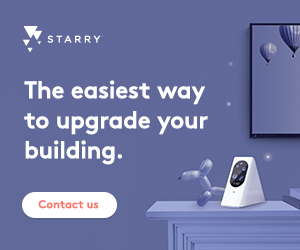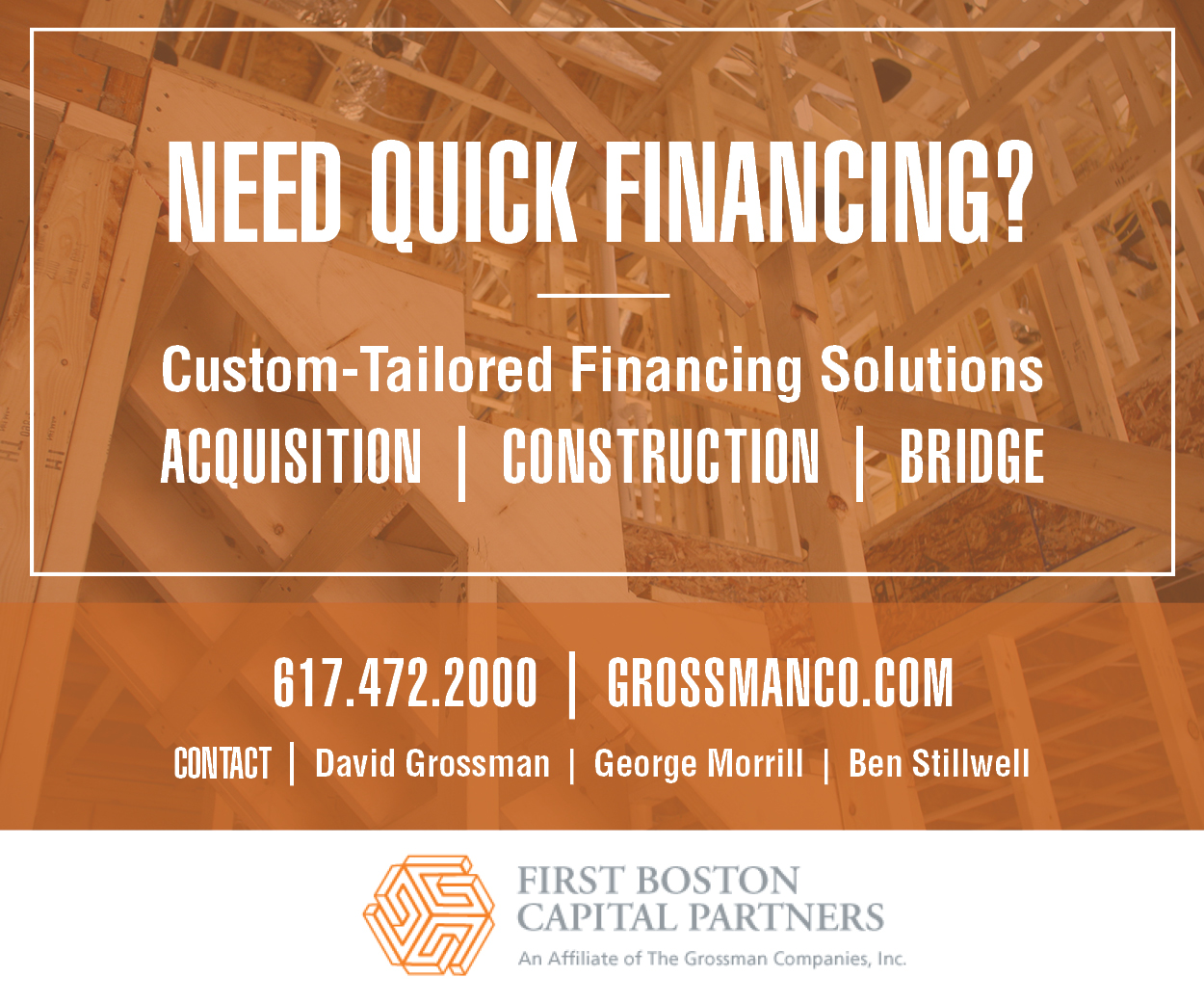
NAIOP Massachusetts
Update
03/07/18
Amenities and Technology: The Evolution of Workspaces
As the building boom continues across the country and in Boston’s backyard, the value of location is shifting. For the first time in 300 years, downtown is losing its allure to the newly built-up Seaport district. It is apparent that societal desires have changed drastically over the past decade. As technology evolves and culture changes, personal and business necessities strongly influence all decision making. As a result, the construction and real estate industry have felt the impact of this shift. Locations, amenities, and experiences are all changing the way people think across the board. On Monday, February 26th, NAIOP in partnership with Convene (a workplace-as-a service platform) held a luncheon address the changing landscape and talk about where things are heading.
According to Rick Peiser, the Michael D. Spear Professor of Real Estate Development at Harvard’s Graduate School of Design, the demand for space is going down. Building spaces are increasingly offering amenities to remaining competitive while co-working spaces continue to grow in popularity. Tenant’s are looking for interaction and spaces for community building (lobbies, roof decks, and hallways).
In a recent study a team of researchers at the University of Michigan’s Steven M. Ross School of Business, discovered there are “two key benefits to the coworking experience, both of which have been linked to improved employee performance. Simplified somewhat, it comes down to flexibility and autonomy without dispensing with meaningful community.”
Although rental prices are higher for amenities, it is the shift that companies are moving towards. Just as tech companies provide their employees with many perks, they want to see the spaces they are working in offer additional value to their workforce. For many companies, urban amenities are now an integral part of decision making when committing to leasing space. Many businesses are now opting to move to the Seaport and Fort Point when looking for new offices as the area is becoming a complete one-stop shop. The ability to live, work and play, all in one location is an absolute game changer.
In a 2015 report, Deloitte claims, “enjoying what you do and how, when, and where you do it is resulting in higher retention rates and attracting some of the best and brightest to work for a forward-thinking company over one tied to the status quo.”
Chris Kelly, the CEO of New York based, Convene, see’s the value in trends. According to Kelly, having free beer in the office doesn’t carry the weight that it might once have. As developers are placing bets worth hundreds of millions of dollars, they need to be forward thinking while society continues to innovate. Companies are looking to attract and retain top talent. In 2018, millennials want a quality of life and experience at work, not a corner office.
“Technology drives convenience and community, which allows for sharing of ideas and experiences.”
Convene see’s the change in demand as an opportunity for landlords. They now have an opportunity to sell their space based on experience and not just square footage. It is a new way to bring tenants into your building who previously might not have seen the value based on the cost of square footage alone. As Convene partners with landlords, they are creating an environment like a full-service hotel. Their spaces offer fitness, lounges, alternative seating and other amenities commonly found in hotels.
Chargespot, a leader in wireless charging technology has echoed these claims, “employees are busier than ever and this leaves little time for personal errands. As a result, great employers are looking at ways to address this by investing in concierge services. These services include everything from taking in your dry-cleaning to booking airline tickets.”
Andrew Gallinaro, Senior Vice President at National Development echoed the sentiments of both speakers. The approach to attracting tenants is creating a community and promoting connectivity. The ability to bring people together in a work environment is key to the whole experience concept. Gallinaro reiterated that in terms of working spaces, selling square footage is not the approach. It is important to understand what the tenant’s needs are and how it can be created.
While the industry continues to change, it is important to invest in order to stay relevant. If real estate developers do not make changes to keep up, they will be left behind. The opportunity is exponential, as Convene ($113.5 million in raised) and companies like WeWork (valued at $20 billion) and Industrious ($142 million raised) are changing the archaic workplace model.

